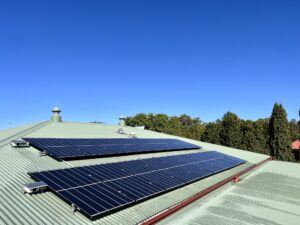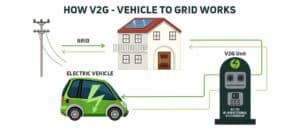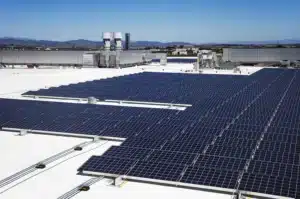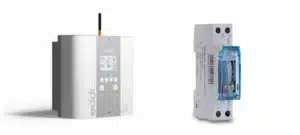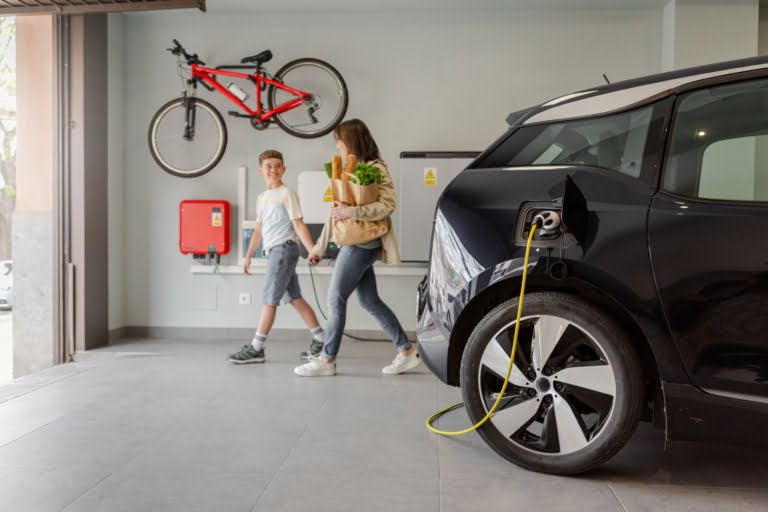
What is the Best EV Charger For Home?
Selecting which Electric Vehicle to purchase is the first step; however, deciding how to charge your new EV is also very important. Statics show that 80 -90% of all EV owners prefer to charge up at home. This blog will cover the different options available.
Here are the five main A/C Charger options based on a 74KWH range Electric Vehicle:
Type | Load | Approximate Range Per Hour. | Time to Full Charge |
Portable Charger 2 KW | 10 Amp | 12 km/h | 37 hours |
Portable Charger 3.6KW | 15 Amp | 20 km/h | 20.5 hours |
Single Phase 7.4KW EV Charger | 32 Amp | 44 km/h | 10.5 hours |
Three Phase 11KW EV Charger | 16 Amp per Phase | 66 km/h | 6.7 hours |
Three Phase 22KW EV Charger* | Up to 32 Amp per Phase | Up to 192 km/h | 3.4 to 6.7 hours |
*With a 22KW three-phase charger, many EVs can only charge at an 11KW. For this example, we use a vehicle that captures 22kW A/C.
Portable Charger 2KW
Plug this Charger into a regular 10-amp Power point and trickle charge your Electric Vehicle at around 12km per hour in range. We don’t recommend this being your primary source at home to assess your EV, as it takes approximately 37 hours to charge up completely. These chargers also don’t offer many smarts to them. However, they are cheap, and we recommend keeping one in your car for emergency top-ups when travelling. Further to this Car Manufacturer’s like Tesla recommend you charging your car to 100% full charge at least once a week which can be hard to achieve with this type of Charger.
Portable Charger 3.6KW
These portable chargers need to plug into a 15-amp PowerPoint. These chargers charge around 20km per hour in range and take about 20.5 hours to charge up your car completely. While this portable charger is cheaper than a 7.4kW charger, you still need an Electrician to wire up a dedicated 15-amp, which costs money. These chargers also don’t have many smarts and are not that handy to keep in your car for emergencies, as you would need to find a 15-amp power point somewhere.
Single Phase 7.4KW Charger
This is the most common EV Charger installed in your home. It can draw up to 32 amps single phase, but you must ensure that your Electrician checks your Switchboard Capacity. These chargers charge around 44km per hour in range and take about 10.5 hours to charge up your car completely. This is good as overnight you can completely charge up your vehicle. You must have an experienced electrician who can access your switchboard load capacity and use a charger with a smart app that can operate smartly with your home.
Three Phase 11KW Charger
Homes with a three-phase power supply can get one of these charges as it offers the quickest charging solution at 66 km per hour and takes around 6.7 hours to charge up your car completely. However, your Electrician must ensure your switchboard can draw 16 amps per phase. The Tesla Gen 3 Charger offers a good solution here. If your Switchboard does not have the load capacity, your electrician can lower the current draw of the charger in the settings.
Three Phase 22KW Charger
Most homes won’t have the capacity to install a charger this large. It is more suitable for commercial businesses like Motels, Hotels, Gyms, Shopping Centres and Apartment Complexes. What we like about these chargers is that they offer a billable solution for charging customers who use them. This provides another revenue stream and an excellent solution for the public when out and about. They are the perfect solution for destination charging, especially for Motels, where people would instead charge up when they travel.
In summary, there are a few options for charging your new Electric Vehicle. But it is critical that you deal with an expert in this space, as you can seriously overload your switchboard and cause plenty of problems if it needs to be done correctly.
You can contact our team here if you have any questions or want to understand more about EV charging.

Founder of Horan & Bird. Director of Master Electricians Australia and Board Member of Solar Accreditation Australia. John has played a key entrepreneurial role in the transformation of the Energy Landscape in Queensland.

